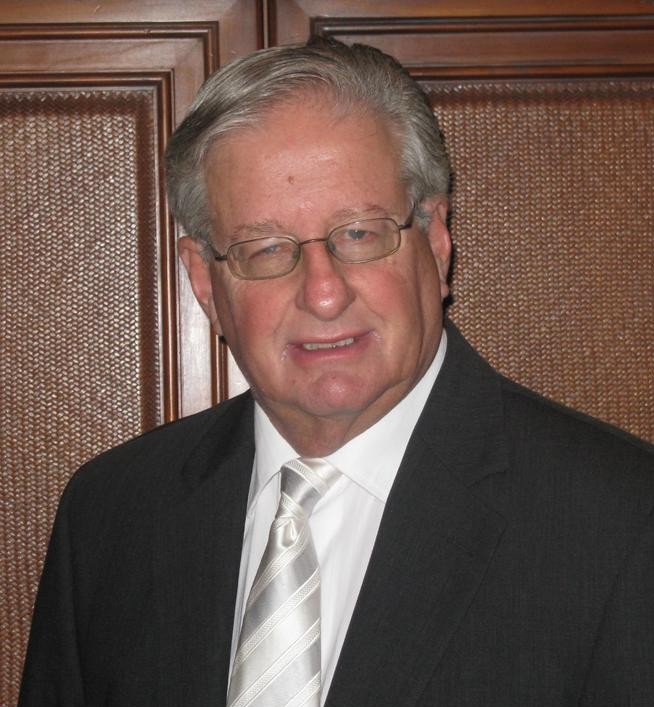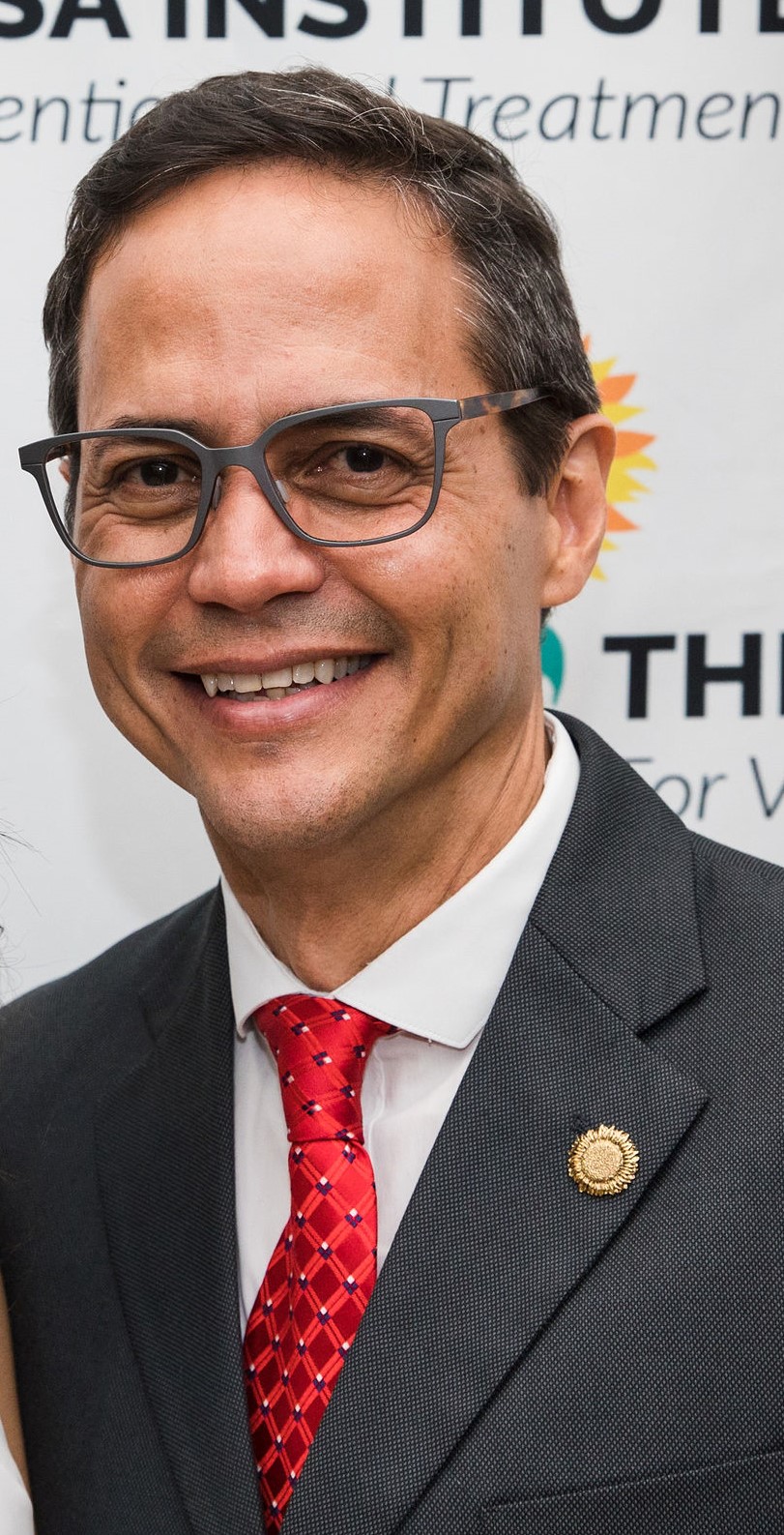How to Engage and Motivate People to Wear Masks and Maintain Social Distance
Cyberbullying Training
August 1, 2020What the Coronavirus Crisis Can Teach Us about Bullying Prevention
August 1, 2020How to Engage and Motivate People to Wear Masks and Maintain Social Distance
Donald Meichenbaum, Ph.D. & Etiony Aldarondo, Ph.D.
The Melissa Institute for Violence Prevention and Treatment
Psychological research indicates that many people who are unwilling to use protective masks and maintain social distance during this trying pandemic would not respond well to information about risks, the use of fear and strong argumentative messages, financial or behavioral consequences, or shaming and other devaluing messages. These tactics do not lead to long-term behavioral changes. In fact, these tactics can backfire, having the opposite effects and contributing to stronger resistance, or what psychologists call "reactance" and "hardening of the person's categories."
At this time, the stakes are incredibly high. Success to stop the spread of COVID-19 requires that we engage those unwilling to follow preventive measures and motivate them to change their behavior. How can we do this without being confrontational and entering into arguments? We believe that insights from the science and art of questioning and persuasion could help us here.
First, it is important to understand the reasons offered for not wearing protective masks and keeping social distance in this difficult time. Understanding and respecting the reasons that individuals offer for their decisions, rather than attacking and challenging them, will open opportunities for engagement and for persuasion to occur. Empathy is critical to encourage behavior change. How a request is made determines whether the request will be followed.
There is a large literature about Motivational Interviewing on how to help individuals engage in health-promoting behaviors. Experts in this area highlight the need to:
- Express empathy
- Avoid argumentation
- Help individuals articulate the discrepancy between the way things are and the way they would like them to be
- Address ambivalence about the desired behavior
- Support the individual’s self-efficacy or their ability to change
With this in mind, here is a sample of questions you may consider using to engage friends, relatives, and strangers who do not wear masks or keep appropriate social distance:
- How did you come to the decision not to wear a mask (or not keep social distance)?
- What led you to choose not to wear a mask?
- Might it be because you don’t see yourself and others at risk?
- Do you doubt the science about the value of wearing a mask and keeping social distance protecting you and others?
- Are you under the impression wearing masks and social distancing was only needed during the one-month lockdown?
- Do you believe if it were really necessary to wear a mask, then the President and other political leaders would be wearing a mask all the time?
- Might it be because you don't think it looks confident or cool to wear a mask?
- Does wearing a mask steam up your glasses?/li>
- You don’t have a good mask, strong enough to protect you?
- Do you forget to carry a mask with you all the time?
- Does using a mask make you feel claustrophobic, feel like you cannot breathe or like you will have a panic attack?
- Might it be because none of your friends or family members wear masks and you don’t like the idea that they will think “I am just a follower"?
- Might it be because you don’t like anyone telling you what is good for you?
- Might it be because you believe it is your Constitutional right not to wear a mask?
- Do you find yourself thinking:
- I know what is best for me
- We are all going to die anyway
- This whole hype about the virus is BS, a hoax, a political ploy
- Wearing a mask carries a message that they will delay opening the economy and that you will lose your business
Questions like these, when asked with care and compassion, will help prepare the conditions for behavioral change to occur, masks to be used, and lives to be saved.
Now let's consider other insights from the literature on persuasion with implications for how law enforcement officials could further facilitate the use of masks. Three things that work to change behavior include:
- Changing the group's social norms and expectations
- Having individuals offer self-generated reasons for changing
- Having them make a public commitment to change
Imagine what would happen if police officers would implement strategies that include these behavior change findings?
Upon finding a person who is not wearing a mask, they would give them a choice whether to pay a fine of $100 or watch the attached video (see link below) on the benefits of wearing a mask to themselves and to others. In order not to have to pay the fine, they have to email two friends or family members who do not wear a mask and ask them to watch this video. Then include in the email the reasons why they are now going to wear a mask and how they are going to try and convince others to do the same. They can say: This is my public commitment to help stop COVID-19!
In order to avoid paying the $100 fine, a copy of this email must be copied to the Police Department and your fine will be rescinded.
When trying to convince those who resist or oppose the use of masks, we should aim to engage them in a conversation at a proper social distance and while wearing a mask yourself, using the science and art of questioning and persuasion.
Remember that the "name of the game" of persuasion is to encourage others to offer self-generated reasons why wearing a mask is a safety issue for themselves and others. The only way that they will get their life back to the way they want it to be is by wearing a mask and following social distancing guidelines.
Doing so works.
In Taiwan they are now allowing fans into ball parks. Twenty countries in the world are letting students back into school. In the country of Thailand of 70 million people they have not had a local case of the Corona virus in seven weeks.
There is a clear discrepancy between the way those who resist or oppose the use of masks and social distancing are now living and how they want to live ("What are they missing in their lives right now?"). The goal is to engage and motivate as many people to wear masks and keep appropriate social distance now so that we can all go on living how we want to live.
To watch the mask video, go here.
About the Author: Don Meichenbaum, Ph.D. & Etiony Aldarondo, Ph.D.

Research Director of The Melissa Institute
He has served as Distinguished Visiting Professor at the School of Education at the University of Miami. He is one of the founders of cognitive behavior therapy. North American clinicians voted Dr. Meichenbaum “one of the 10 most influential psychotherapists of the 20th century.” He has presented in all 50 United States and internationally. He has published extensively and his most recent book is Roadmap to Resilience: A Guide for Military, Trauma Victims and Their Families. Other books include Treatment of Individuals with Anger-control Problems and Aggressive Behavior, Treating Adults with Posttraumatic Stress Disorder, Nurturing Independent Learners and Stress Inoculation Training.

Executive Director of The Melissa Institute for Violence Prevention
He is a clinical psychologist with over 25 years of experience in domestic violence research and advocacy, mental health services, community partnerships, and higher education administration. His academic trajectory includes appointments in the Family Violence Research Program at the University of New Hampshire, Harvard Medical School’s Cambridge Hospital, The Philadelphia Child Guidance Clinic, Boston College, the University of Miami (UM), and Albizu University. The recipient of various recognitions for educational excellence and community involvement, Dr. Aldarondo’s scholarship focuses on positive development of ethnic minority and immigrant youth, domestic violence, and social justice-oriented clinical practices. His publications include the books Advancing Social Justice through Clinical Practice (Routledge), Programs for men who batter: Intervention and prevention strategies in a diverse society (Civic Research Institute with Fernando Mederos, Ed.D.), and Neurosciences, Health and Community Well-Being (San Luís, Nueva Editorial Universitaria with Dr. Enrique Saforcada and Mauro Muñoz). Dr. Aldarondo has a long history of involvement with grassroots advocacy organizations. He was Founding Executive Director of the National Latino Alliance for the Elimination of Domestic Violence as well as Founding Director of the Community and Educational Well-Being Research Center at UM. He is Past Executive Director of The Council on Contemporary Families and is on the board of directors for Casa de Esperanza and The National Resource Center on Domestic Violence.
